
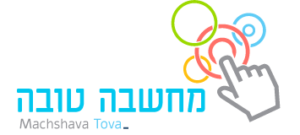
There was happiness and excitement in Atlanta and in Yokneam, our partnership city in Israel, when “Yo-Tech,” a Federation-supported initiative, won first prize in Machshava Tova — a national competition challenging teen entrepreneurs to create innovative “apps.” Machshava Tova, which means “good idea,” is an Israeli nonprofit organization with a mission to give underprivileged populations access to technology in a supportive and empowering environment. The ultimate goal is to help at-risk youth develop skills that will help them find careers in Israel’s booming high tech sector.
Our winning six-member team from Yokneam was one of just ten groups from different cities to reach the finals. They presented their app to a panel of ten judges via Zoom because of the Covid-19 regulations. Their app, called “Old School,” connects teens and seniors who share the same interests and hobbies, and matches them to connect either virtually or face to face. The teens can help seniors with tech challenges, or simply spend time with them in order to overcome loneliness. Each of the six teen winners will receive a laptop from Citibank Israel.
“This program gave me so much,” said 16-year-old Gavriel. “I was interested in computers because I know it’s the future, but I never had a chance to learn it. I have learned a lot of cool stuff about using the computer, how to speak in front of an audience, to cooperate with my friends, to work with deadlines and so much more.”
Lori Kagan Schwarz, who is Federation’s new board co-chair, was part of the committee that helped conceptualize and fund the “Yo Tech” project. She said, “I’m so honored to play a small part in the Yokneam teens’ accomplishment. It’s so fulfilling when we see a direct connection between the meaningful work we do around the table in our meetings and the outcomes on the ground, especially halfway around the world.”
Craig Kornblum, who chairs Federation’s Global Jewish Partnership Committee added, “This is one of the programs created by our committee to engage and inspire the youth in our partner region. I’m so proud of these kids!”
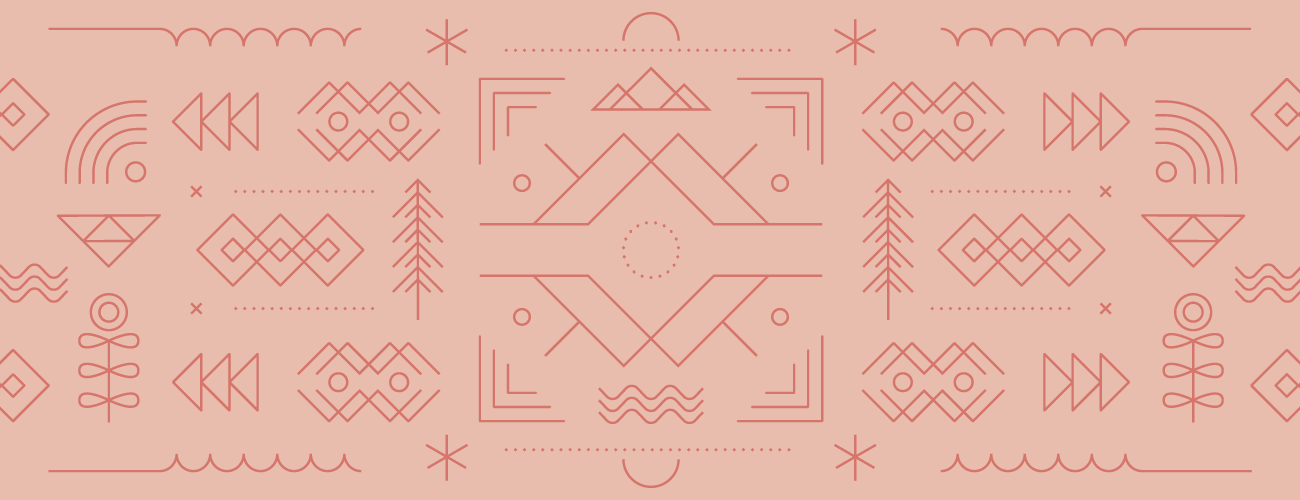
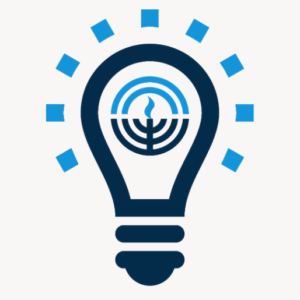 Federation Innovation has awarded $182,000 in Propel Innovation Renewal Grants, supporting organizations, ideas, and people reimagining Jewish life in Atlanta. These grant renewals went to seven organizations that were originally awarded innovation funds in June 2019.
Federation Innovation has awarded $182,000 in Propel Innovation Renewal Grants, supporting organizations, ideas, and people reimagining Jewish life in Atlanta. These grant renewals went to seven organizations that were originally awarded innovation funds in June 2019.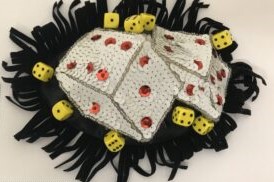
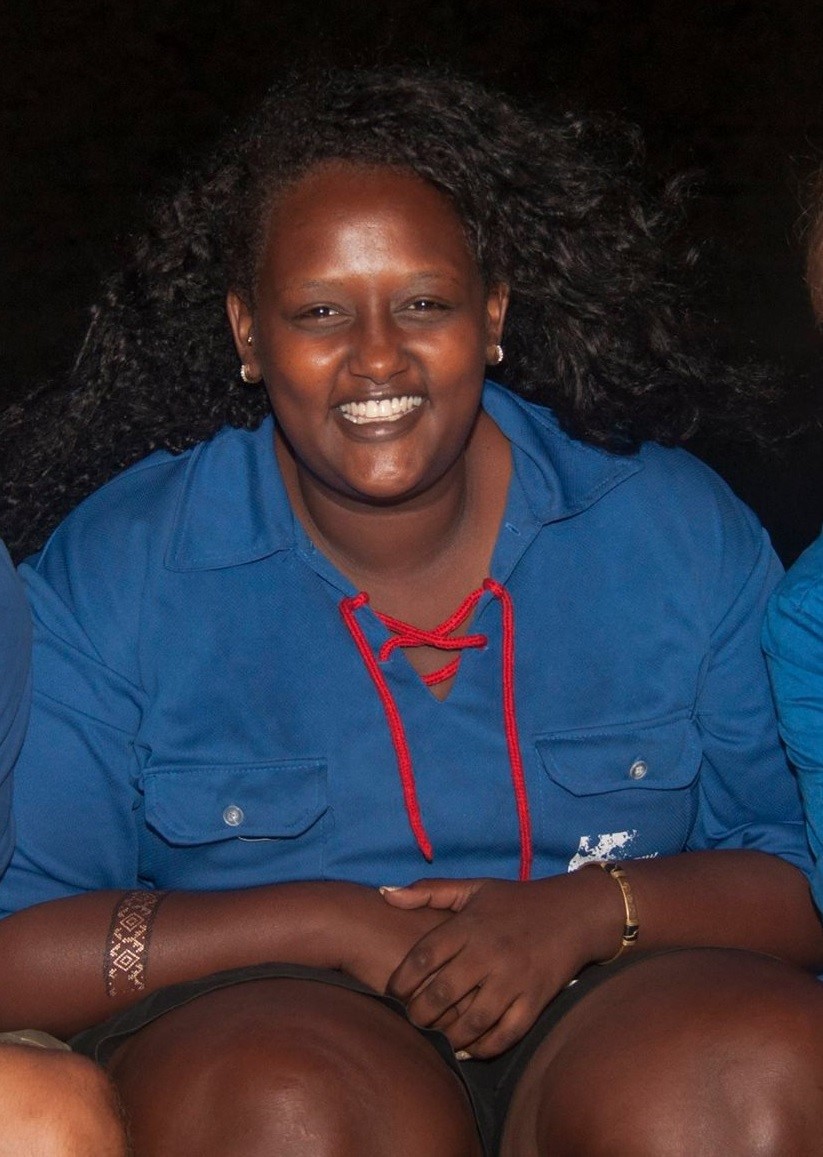
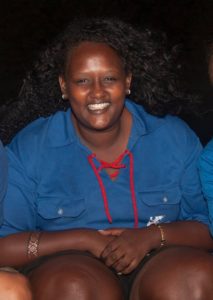 This spring, just as Americans were rising up to protest the killing of George Floyd, Michal Ilai, who heads Israel Programs at Weber was preparing an intense month of high-level Hebrew learning for her summer school students. Given the protests, she felt it was a great opportunity to engage her Hebrew students in issues of race and diversity in Israel.
This spring, just as Americans were rising up to protest the killing of George Floyd, Michal Ilai, who heads Israel Programs at Weber was preparing an intense month of high-level Hebrew learning for her summer school students. Given the protests, she felt it was a great opportunity to engage her Hebrew students in issues of race and diversity in Israel.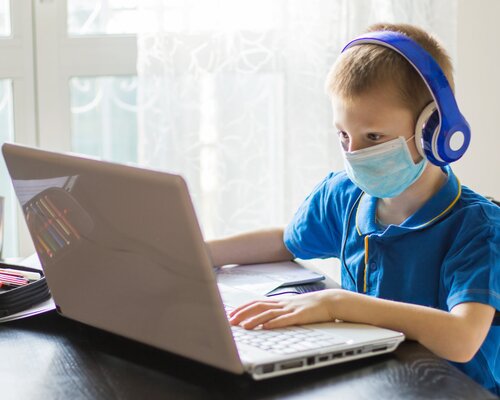
 What will back-to-school look like for your family? Whether your children will be attending school in-person, virtually, or in a hybrid model, families are dealing with unprecedented uncertainties and anxieties for the ‘20-‘21 school year. To address these needs, the Marcus Jewish Community Center of Atlanta (MJCCA) and Jewish Kids Groups (JKG) are each launching innovative day and after-school programs to fill in some of the gaps, and to provide supervision, safety, and fun for school age kids.
What will back-to-school look like for your family? Whether your children will be attending school in-person, virtually, or in a hybrid model, families are dealing with unprecedented uncertainties and anxieties for the ‘20-‘21 school year. To address these needs, the Marcus Jewish Community Center of Atlanta (MJCCA) and Jewish Kids Groups (JKG) are each launching innovative day and after-school programs to fill in some of the gaps, and to provide supervision, safety, and fun for school age kids.
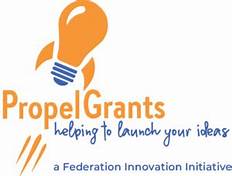 Federation Innovation has just announced that four organizations will receive Propel Innovation Grants. The latest grants bring Federation’s total community investment in innovation to nearly $500k, over the past two years — all in support of creative, scalable projects that can impact Jewish life.
Federation Innovation has just announced that four organizations will receive Propel Innovation Grants. The latest grants bring Federation’s total community investment in innovation to nearly $500k, over the past two years — all in support of creative, scalable projects that can impact Jewish life.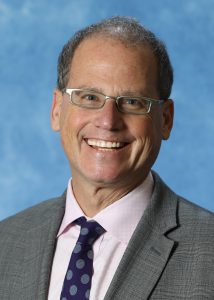

 My name is Murray Marks. I’m a fifth grader in Decatur, and this summer I had the most crazy fun experience of my life at Camp Ramah Darom. This was my first time at sleepaway camp, and even though I didn’t know anybody in the bunk, we all became friends very fast. I was a little nervous, but at camp you’re always with friends. My bunk was like a team.
My name is Murray Marks. I’m a fifth grader in Decatur, and this summer I had the most crazy fun experience of my life at Camp Ramah Darom. This was my first time at sleepaway camp, and even though I didn’t know anybody in the bunk, we all became friends very fast. I was a little nervous, but at camp you’re always with friends. My bunk was like a team.

